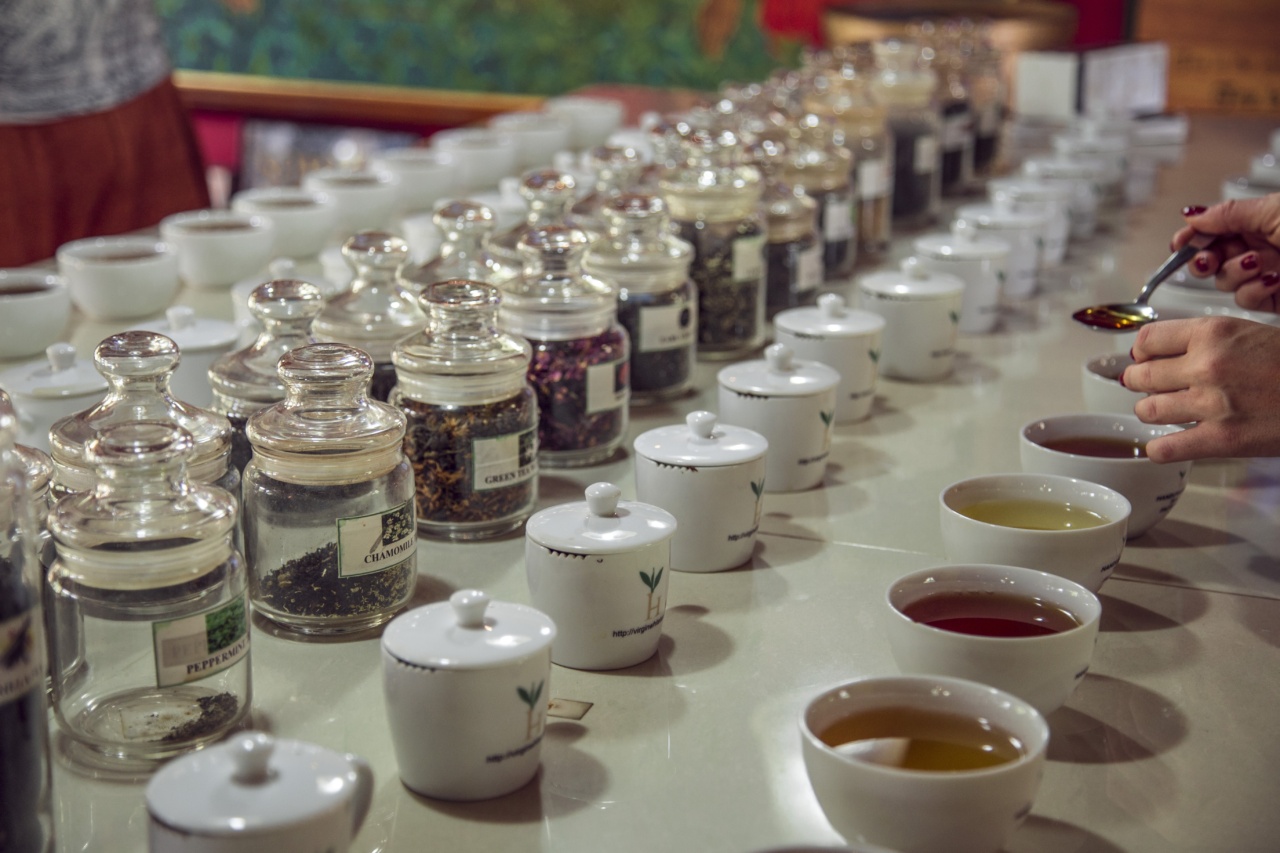If you suffer from Irritable Bowel Syndrome (IBS), you know how uncomfortable and overwhelming it can be. The bloating, abdominal pain, and erratic bowel movements can significantly impact your quality of life.
While there is no known cure for IBS, there are various natural remedies that can help manage its symptoms effectively. In this article, we will explore five herbs that have shown promising results in alleviating the discomfort caused by IBS.
1. Peppermint
Peppermint is a well-known herb that has been used for centuries to relieve digestive issues. It contains menthol, which has a calming effect on the muscles of the gastrointestinal tract.
Research has shown that peppermint can help reduce abdominal pain, bloating, and flatulence in individuals with IBS.
2. Chamomile
Chamomile is a popular herb known for its relaxing properties. It has anti-inflammatory and anti-spasmodic effects, which can help soothe the digestive system.
Chamomile tea is often a go-to remedy for individuals experiencing IBS symptoms, as it can reduce abdominal pain, cramping, and promote overall digestive health.
3. Turmeric
Turmeric, a vibrant yellow spice commonly used in Indian cuisine, contains a compound called curcumin that has potent anti-inflammatory properties.
Studies have shown that curcumin can help reduce intestinal inflammation and provide relief from IBS symptoms such as bloating, gas, and diarrhea.
4. Ginger
Ginger is well-known for its ability to calm an upset stomach and improve digestion. It contains gingerol, a bioactive compound that has anti-inflammatory and anti-spasmodic properties.
Ginger can help relieve abdominal pain, bloating, and nausea commonly associated with IBS.
5. Fennel
Fennel has a long history of use in traditional medicine for digestive issues. It contains anethole, a compound that can help relax the intestinal muscles and relieve bloating and gas.
Fennel seeds can be chewed directly or consumed as a tea to alleviate IBS symptoms.
How to Incorporate these Herbs into Your Routine
There are various ways to incorporate these herbs into your routine to effectively manage IBS symptoms:.
1. Herbal teas
Prepare soothing herbal teas using these herbs. Steep them in hot water for a few minutes and enjoy throughout the day. You can also combine different herbs for a more holistic approach.
2. Herbal supplements
If consuming these herbs directly is not feasible, herbal supplements are available in the form of capsules or tablets. Consult with a healthcare professional to determine the right dosage for your specific needs.
3. Culinary uses
Include these herbs in your cooking to add flavor to your meals while enjoying their potential digestive benefits. For example, add fresh ginger to stir-fries or incorporate turmeric into curries.
Lifestyle Tips for Managing IBS
In addition to incorporating these herbs into your routine, certain lifestyle changes may help manage your IBS symptoms:.
1. Dietary modifications
Identify any trigger foods that worsen your symptoms and try to avoid them. Common trigger foods include dairy products, gluten, and certain types of vegetables like onions and garlic. Also, ensure you are consuming enough fiber and staying hydrated.
2. Stress management
Stress is known to exacerbate IBS symptoms. Explore relaxation techniques such as deep breathing exercises, meditation, or yoga to manage stress levels effectively.
3. Regular exercise
Engage in regular physical activity to promote healthy bowel movements and reduce stress. Aim for at least 30 minutes of moderate exercise, such as walking or cycling, on most days of the week.
Conclusion
While there is no one-size-fits-all approach to managing IBS, incorporating these herbal remedies and implementing lifestyle changes can significantly alleviate symptoms and improve your overall well-being.
It’s important to remember that everyone’s experience with IBS is unique, and what works for one person may not work for another. Therefore, it’s essential to consult with a healthcare professional before making any significant changes to your routine.































